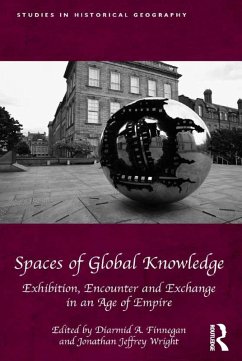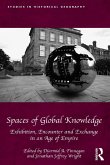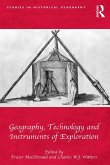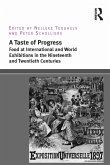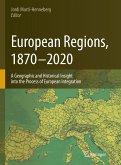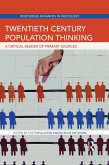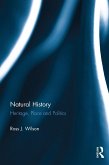Dieser Download kann aus rechtlichen Gründen nur mit Rechnungsadresse in A, B, BG, CY, CZ, D, DK, EW, E, FIN, F, GR, HR, H, IRL, I, LT, L, LR, M, NL, PL, P, R, S, SLO, SK ausgeliefert werden.
David N. Livingstone, Queen's University, UK
'What did it mean to make global knowledge during the long nineteenth century's age of empire, industrialism, exploration and exhibition? At the cutting edge of historical geography's encounter with histories of knowledge, the essays in this collection examine the spatial practices, power relations and communicative forms involved in making, circulating, displaying and debating a dizzying range of ways of knowing the nineteenth-century globe from natural history to demography, ocean science and medicine. Together they confirm not a singular global history of knowledge but the fruitful multiplicity of its historical geographies.'
Miles Ogborn, Queen Mary University of London, UK
'The variety of methodologies expertly employed is refreshing and makes the collection a useful primer for students but also an instructive resource for experts in any of the fields included. It is a self-aware collection determined to provoke questions and un-dermine assumptions about how knowledge is formed across boundaries, a goal it achieves admirably.'
Katherine Parker Hakluyt Society, UK, Journal of Historical Geography 56 (2017)
'Spaces of Global Knowledge is the latest instalment in the Studies in Historical Geography Routledge series, edited by Robert Mayhew. This volume is an ambitious collection of essays, which neatly weaves together a number of seemingly disparate case studies to create something that both illustrates and challenges what it means to think geographically about how global knowledge was made during the long nineteenth century.'
Matthew Goodman, University of Glasgow, British Journal for the History of Science
'This edited collection embraces and seeks to interrogate the ubiquitous yet vague terms of 'global' and 'knowledge'. The authors offer a variety of methodological and interdisciplinary approaches to understanding where, how, and why global knowledge was created in the long nineteenth century. Together, the essays show-case the elasticity of the term 'global' in critical historical analysis while also cautioning scholars against its overuse or its con ation with related terms such as 'empire'.'
Katherine Parker Hakluyt Society, UK, Journal of Historical Geography

